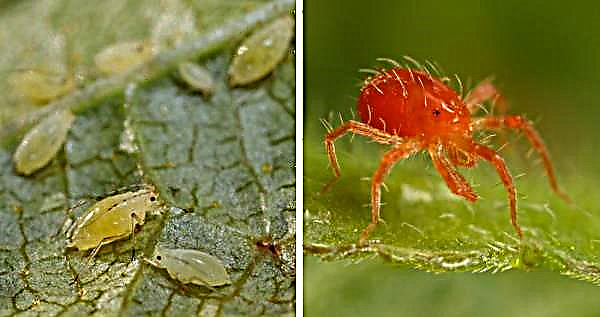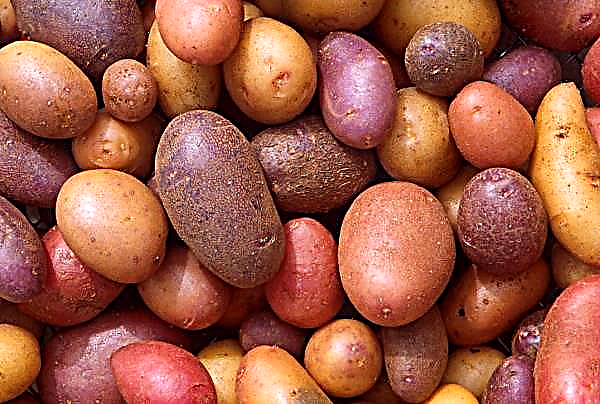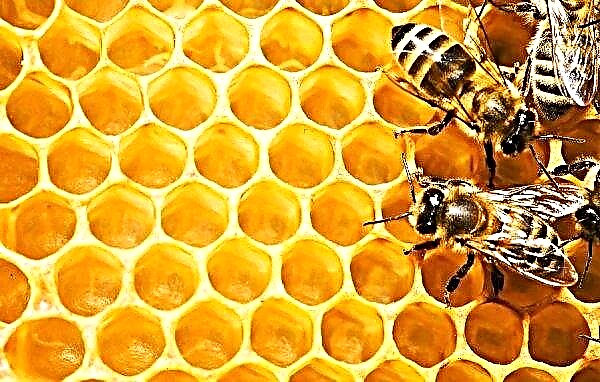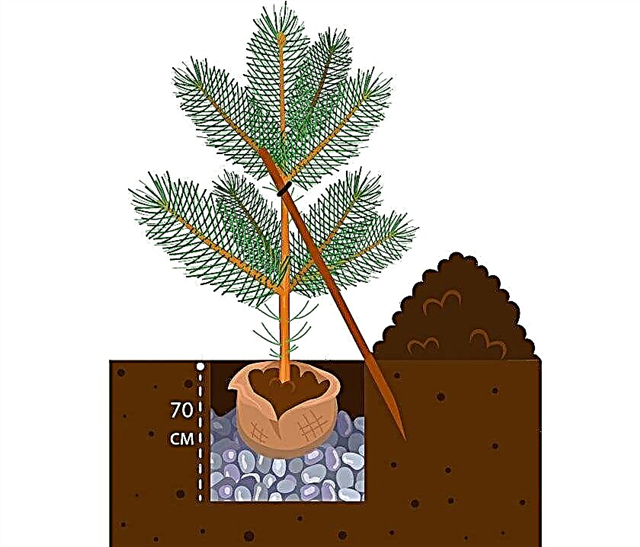A global research group, which includes scientists from the University of La Trobe, identified specific places in the chromosomes of plants that can transmit immunity to their offspring.
The results can lead to new ways of preventing crop diseases, which can bring huge potential benefits to farmers. Under the leadership of the University of Sheffield (UK), the research team first identified specific places (loci) in the plant chromosomes that confer disease resistance to their offspring, subject to reversible a biochemical modification known as DNA methylation in response to pathogenic attacks.
A researcher at La Trobe University, Dr. Ritushri Jane, said that when plants are re-attacked by pathogens, they develop a “memory” (known as “inflammation in plants”) about this scuffle that allows them to fight effectively in a re-attack. “One of the mechanisms for transmitting this“ memory ”to the next generation through seeds is DNA methylation,” said Dr. Jane.
According to the scientist, “This important discovery can not only lead to new ways to prevent disease in important crops, but can also help reduce dependence on pesticides.” Under the leadership of the University of Sheffield in the UK, the study was conducted in collaboration with La Trobe University, PSL University (Paris) and the Technical University of Munich (Germany).












